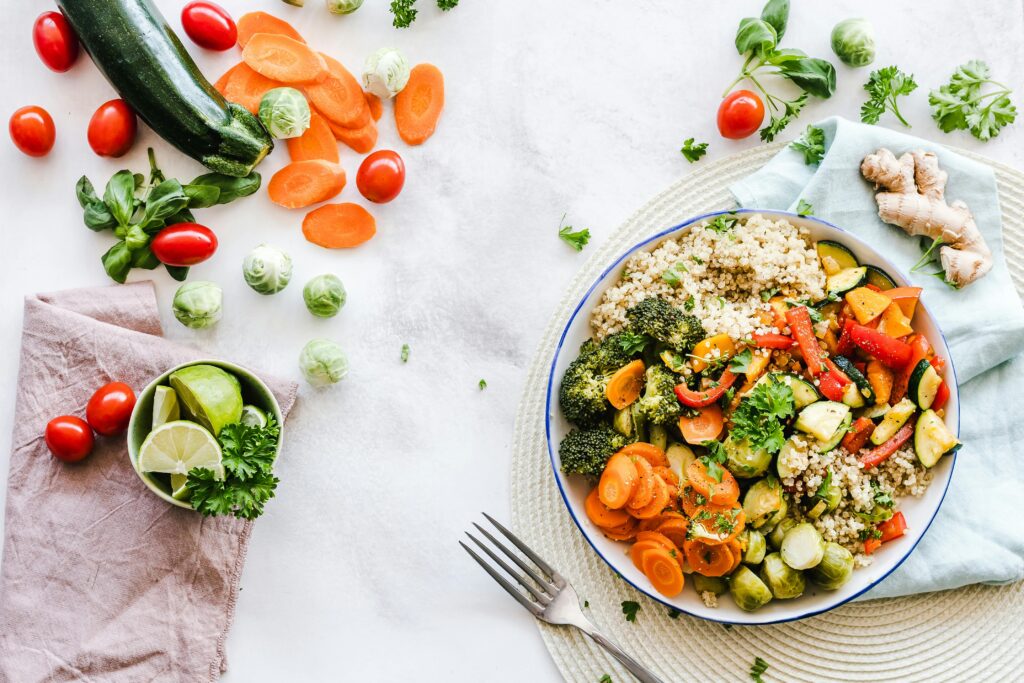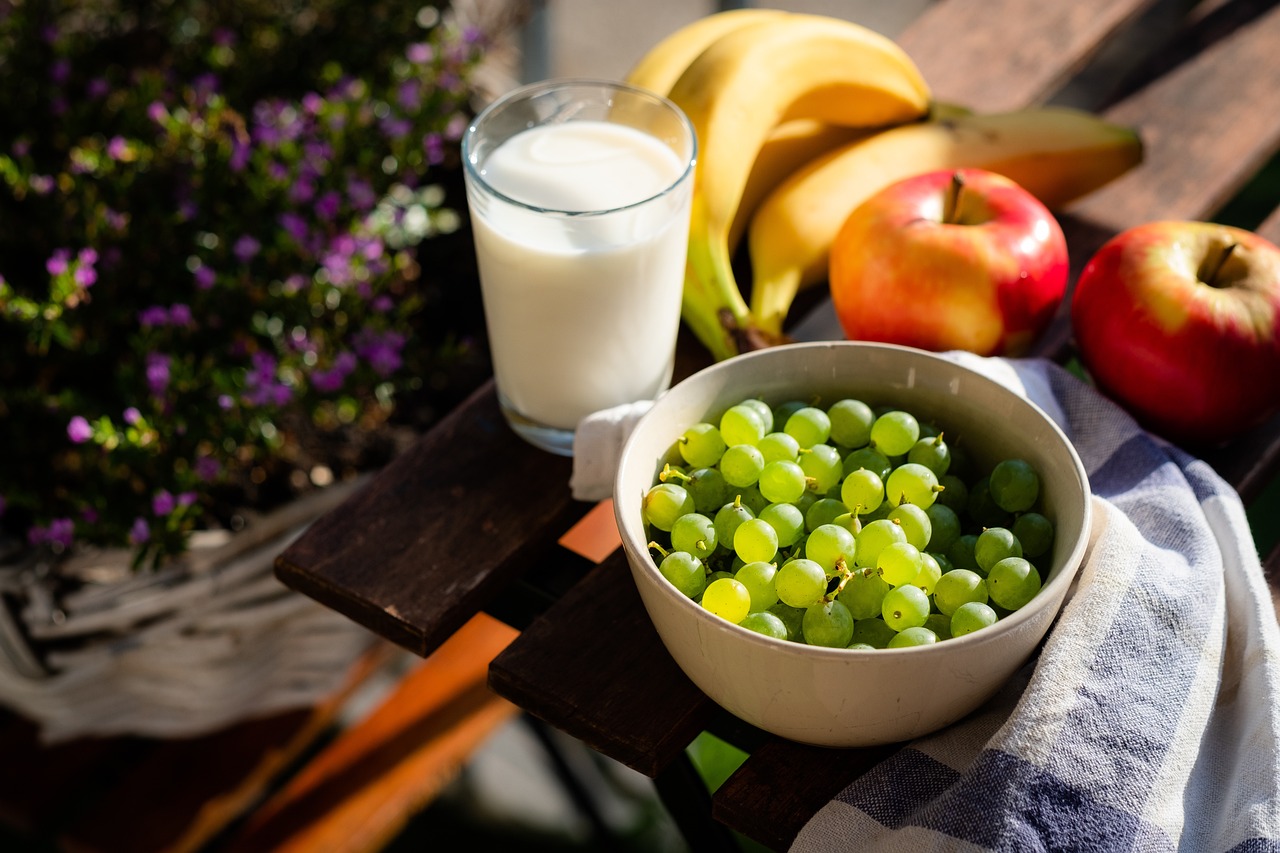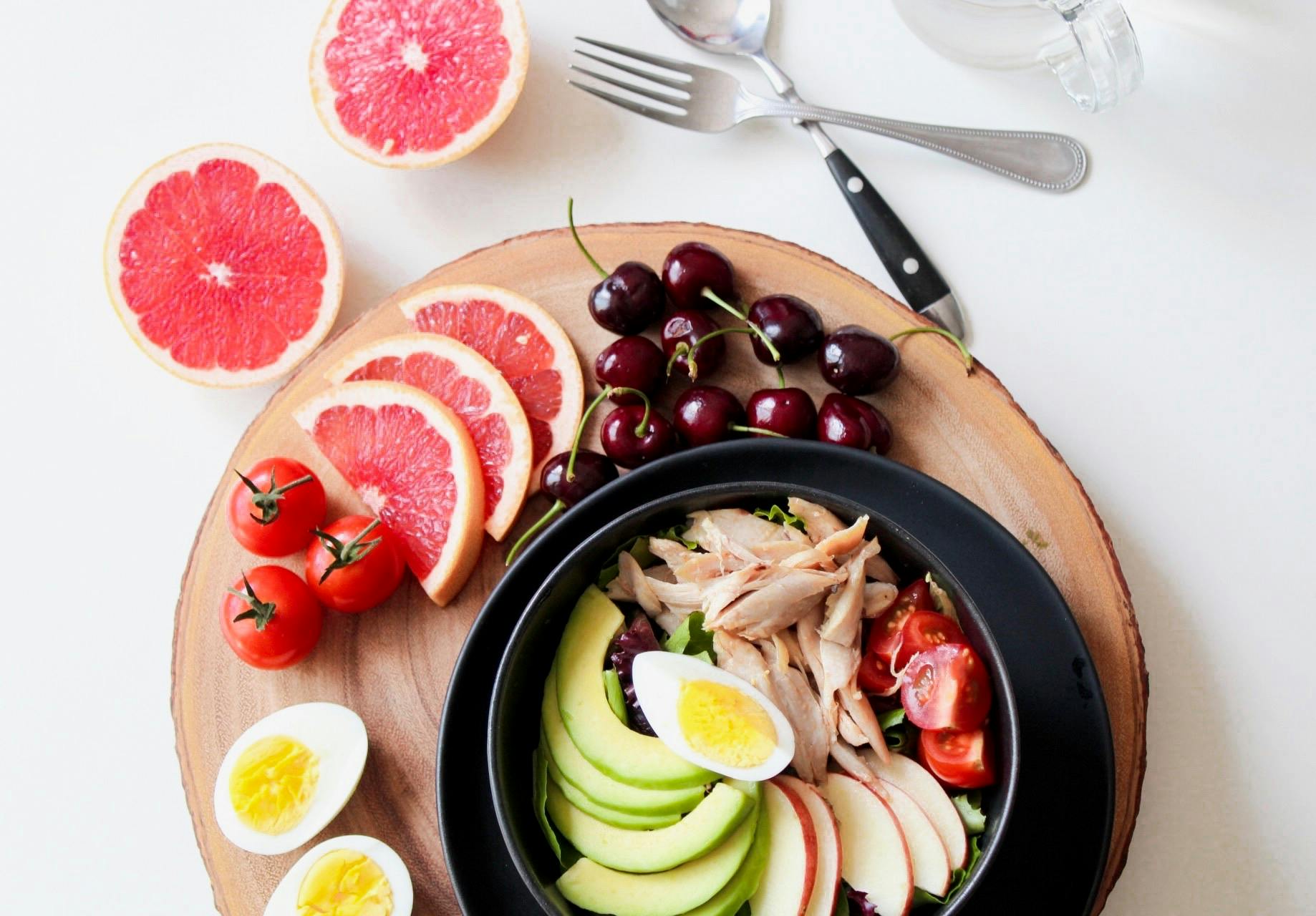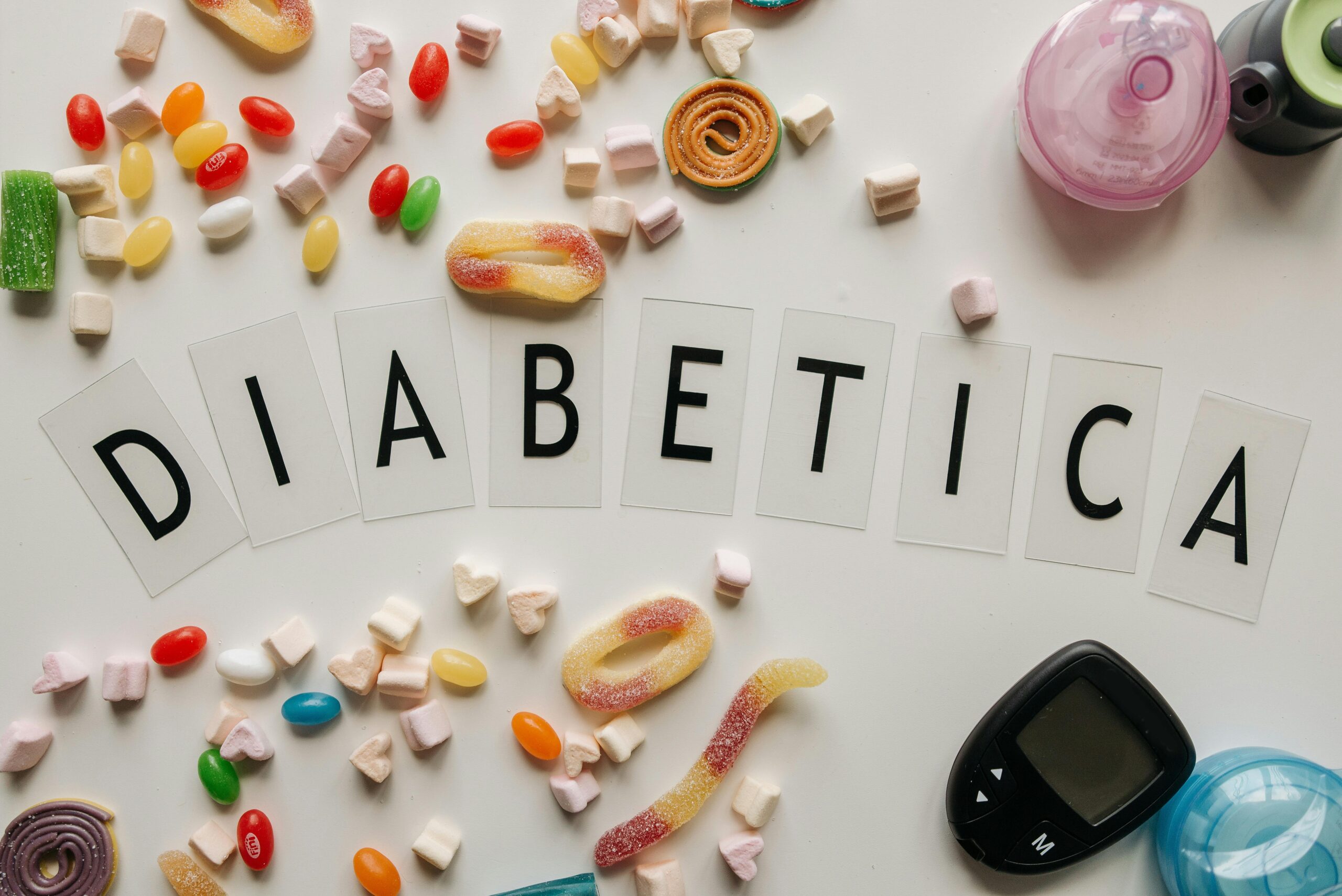Title: Best Diets for Hormonal Balance During Menopause: A Complete Guide
Introduction
Menopause is a natural phase in a woman’s life, but it often comes with hormonal imbalances that can lead to uncomfortable symptoms like hot flashes, mood swings, weight gain, and fatigue. Fortunately, the right diets during menopause can help manage these symptoms and promote hormonal balance. In this blog, we’ll explore the best diets for hormonal balance during menopause, backed by science and expert recommendations. Whether you’re looking to ease symptoms or improve overall health, this guide will help you make informed choices.
Why Diets During Menopause Matter
During menopause, estrogen levels drop significantly, which can disrupt your body’s natural balance. A well-planned diet during menopause can help stabilize hormones, reduce symptoms, and support long-term health. Additionally, the right foods can improve bone health, heart health, and energy levels, which are often affected during this phase.
Key Nutrients for Hormonal Balance During Menopause
To create an effective diet for hormonal balance during menopause, focus on incorporating these essential nutrients:
- Phytoestrogens: Plant-based compounds that mimic estrogen in the body.
- Calcium and Vitamin D: Crucial for bone health.
- Omega-3 Fatty Acids: Reduce inflammation and support heart health.
- Fiber: Aids digestion and helps manage weight.
- Protein: Maintains muscle mass and keeps you full longer.
Best Diets for Hormonal Balance During Menopause
1. Mediterranean Diet
The Mediterranean diet is one of the most recommended diets during menopause due to its focus on whole foods, healthy fats, and antioxidants. This diet includes:
- Fresh fruits and vegetables
- Whole grains like quinoa and oats
- Healthy fats from olive oil, nuts, and seeds
- Lean proteins like fish and legumes
Why It Works: The Mediterranean diet is rich in phytoestrogens and omega-3s, which help balance hormones and reduce inflammation.
2. Plant-Based Diet

A plant-based diet during menopause emphasizes fruits, vegetables, nuts, seeds, and legumes while minimizing animal products. This diet is packed with phytoestrogens, fiber, and antioxidants.
Why It Works: Plant-based diets are excellent for managing weight and reducing menopause symptoms like hot flashes and night sweats.
3. Anti-Inflammatory Diet
Chronic inflammation can worsen menopause symptoms. An anti-inflammatory diet for hormonal balance during menopause includes:
- Berries, leafy greens, and turmeric
- Fatty fish like salmon and mackerel
- Nuts, seeds, and whole grains
Why It Works: This diet reduces inflammation, supports hormone production, and improves overall well-being.
4. Low-Glycemic Diet
A low-glycemic diet during menopause focuses on foods that stabilize blood sugar levels, such as:
- Non-starchy vegetables
- Whole grains
- Lean proteins
Why It Works: Stable blood sugar levels help manage weight and reduce mood swings, a common symptom of menopause.
Foods to Include in Your Diet During Menopause
To optimize your diet for hormonal balance during menopause, incorporate these foods:
- Soy Products: Rich in phytoestrogens, soy can help balance hormones.
- Flaxseeds: Packed with lignans, which have estrogenic effects.
- Leafy Greens: High in calcium and magnesium for bone health.
- Fatty Fish: Provides omega-3s for heart and brain health.
- Berries: Loaded with antioxidants to combat oxidative stress.
Foods to Avoid During Menopause
While focusing on the best diets during menopause, it’s equally important to avoid foods that can worsen symptoms:
- Processed Foods: High in sugar and unhealthy fats.
- Caffeine and Alcohol: Can trigger hot flashes and disrupt sleep.
- Spicy Foods: May exacerbate hot flashes.
- High-Sodium Foods: Can lead to bloating and water retention.
Tips for Sticking to a Diet During Menopause

- Meal Planning: Prepare meals in advance to avoid unhealthy choices.
- Stay Hydrated: Drink plenty of water to support metabolism and reduce bloating.
- Practice Portion Control: Overeating can lead to weight gain, which is common during menopause.
- Listen to Your Body: Pay attention to how different foods affect your symptoms.
Sample Meal Plan for Hormonal Balance During Menopause
Here’s a simple 1-day meal plan to help you get started with a diet during menopause:
- Breakfast: Greek yogurt with flaxseeds, berries, and a drizzle of honey.
- Lunch: Grilled salmon salad with leafy greens, avocado, and olive oil dressing.
- Snack: A handful of almonds and an apple.
- Dinner: Quinoa stir-fry with tofu, broccoli, and sesame seeds.
- Dessert: Dark chocolate (70% cocoa or higher).
FAQs About Diets During Menopause
1. Can a diet during menopause really help with symptoms?
Yes, a well-balanced diet during menopause can significantly reduce symptoms like hot flashes, mood swings, and weight gain by stabilizing hormones and providing essential nutrients.
2. How long does it take to see results from a menopause diet?
Most women notice improvements within 4-6 weeks of following a consistent diet for hormonal balance during menopause.
3. Are supplements necessary during menopause?
While a healthy diet is key, supplements like calcium, vitamin D, and omega-3s can provide additional support. Always consult your doctor before starting any supplements.
Conclusion
Adopting the right diet during menopause can make a world of difference in managing symptoms and promoting hormonal balance. Whether you choose the Mediterranean diet, a plant-based approach, or an anti-inflammatory plan, the key is to focus on nutrient-dense, whole foods. By prioritizing your health and making informed dietary choices, you can navigate menopause with ease and confidence.
Start your journey to hormonal balance today by incorporating these diets during menopause into your lifestyle. Your body will thank you!





